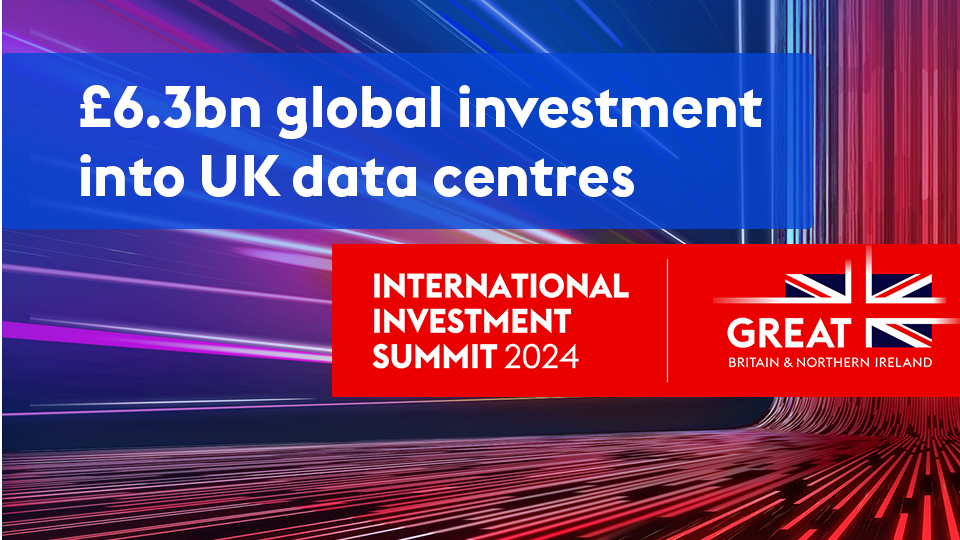Google has signed the “world's first” corporate agreement with Kairos Power to purchase nuclear power from multiple small modular reactors (SMRs).
The initial phase of work aims to make Kairos Power's first SMR fully operational by 2030, followed by other reactors over a period of five years.
Micheal Terrell, senior director for energy and climate at Google, underlined the importance of the agreement, adding that it will support the growing demand for electricity from artificial intelligence (AI) technologies, while decarbonising electricity grids in the US.
“Nuclear solutions offer a clean, round-the-clock power source that can help us reliably meet electricity demands with carbon-free energy every hour of every day,” he said. “Advancing these power sources in close partnership with supportive local communities will rapidly drive the decarbonization of electricity grids around the world.”The agreement aims to deliver up to 500 megawatts (MW) of carbon-neutral energy to US power grids, with the goal of contributing to the clean energy transition and helping more communities benefit from clean and affordable nuclear power.
Kairos Power's SMR technology uses a molten salt cooling system and pebble ceramic fuel to efficiently produce energy. The company said in a statement it will use an iterative development approach with several hardware demonstrations before the first commercial installation, to ensure timely and cost certainty deployment for Google and other customers.
In 2021, Google and clean-energy startup Fervo sealed what they described as the world's first corporate deal to develop a next-generation geothermal power project. The initiative aims to provide an “always-on” carbon-free resource that can reduce hourly reliance on fossil fuels.
As part of the agreement, Google developed AI and machine learning that could boost the productivity of next-generation geothermal power and improve the way it responds to demand, while also filling in the gaps left by variable renewable energy sources.
Latest News
-
The top technology trends to expect in 2026
-
The most read National Technology News stories of 2025
-
Lyft and Uber sign deals with Baidu for robotaxi trial in London
-
Nextdoor launches AI-driven self-serve ads platform for small businesses
-
Italy's antitrust fines Apple €98.6m over alleged App Store dominance
-
Visa partners with UAE real estate firm to launch voice-enabled agentic commerce payments
The future-ready CFO: Driving strategic growth and innovation
This National Technology News webinar sponsored by Sage will explore how CFOs can leverage their unique blend of financial acumen, technological savvy, and strategic mindset to foster cross-functional collaboration and shape overall company direction. Attendees will gain insights into breaking down operational silos, aligning goals across departments like IT, operations, HR, and marketing, and utilising technology to enable real-time data sharing and visibility.
The corporate roadmap to payment excellence: Keeping pace with emerging trends to maximise growth opportunities
In today's rapidly evolving finance and accounting landscape, one of the biggest challenges organisations face is attracting and retaining top talent. As automation and AI revolutionise the profession, finance teams require new skillsets centred on analysis, collaboration, and strategic thinking to drive sustainable competitive advantage.
© 2019 Perspective Publishing Privacy & Cookies








Recent Stories